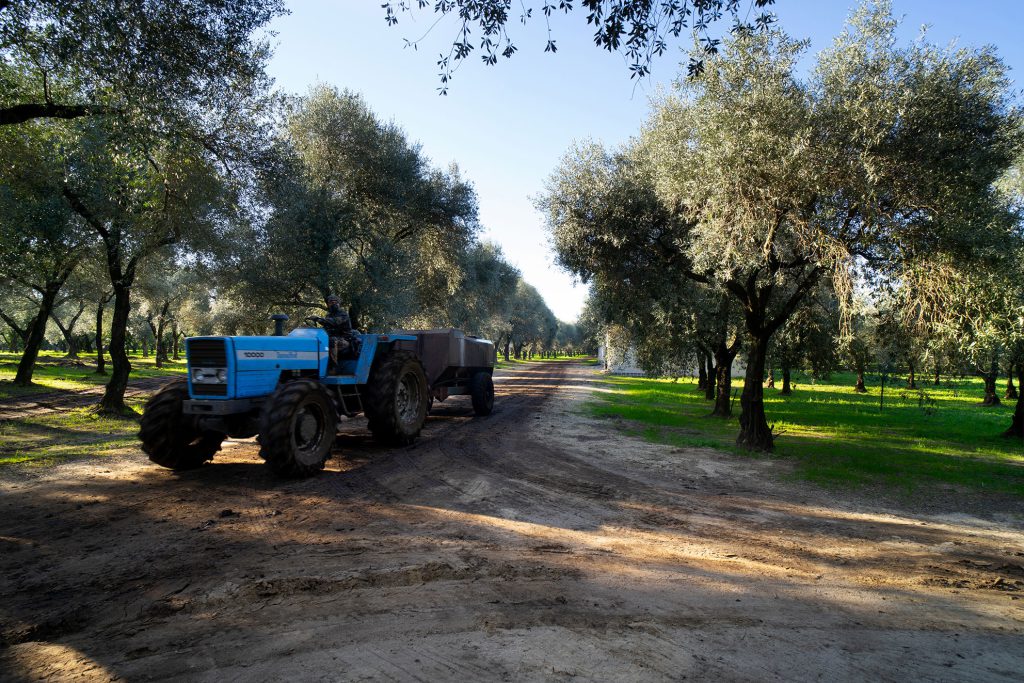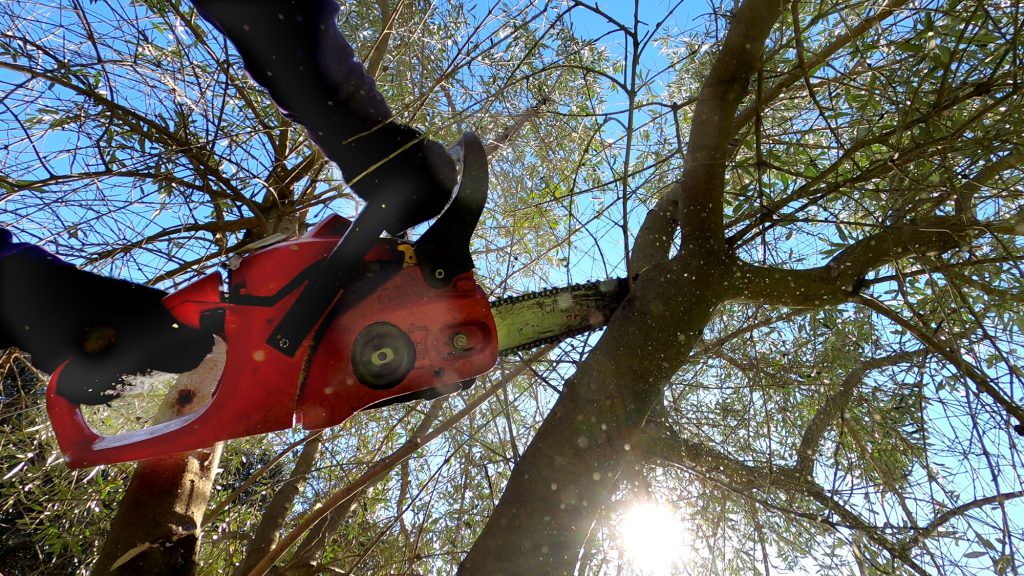Sustainability

Historical roots
The European olive heritage is emotional, historicized, landscape-like, emotional, it cannot distance itself from ethical principles and its historical roots, therefore innovation is aimed at optimizing the cultivation techniques of the existing heritage and new systems that respect the environment and man.
Integrated production
By integrated and sustainable production we mean an agri-food production system that uses all methods and means of production and defense against adversities of agricultural production, aimed at reducing the use of synthetic chemical substances to a minimum and rationalizing fertilization, in compliance with ecological, economic and toxicological principles.
In order to combine production techniques compatible with the protection of the natural environment with the technical-economic needs of modern production systems and to raise the level of protection of the health of operators and consumers, the producersof European extra virgin olive oil have set themselves some general objectivesof integrated and sustainable production:
– reduction of toxic residues in the environment and in the various food chains;
– greater healthiness of the air and surface and groundwater;
– energy saving resulting from the reduction in the production of synthetic chemical substances;
– improvement of the nutritional qualities of foods and the consequent state of health of consumers;
– limit the exposure of operators to the risks deriving from the use of plant protection products;
– rationalize the distribution of plant protection products by limiting their quantity, waste and drift losses: definition of reference water volumes and methods for testing and regulating or calibrating spraying machines (etc.);
– limit point pollution resulting from incorrect preparation of the solutions to be distributed and incorrect disposal of the same;
– promote animal and plant biodiversity.

Fertilization
Fertilization plays an important role in olive tree cultivation, especially if you want to obtain abundant and quality production. The supply of nutritional elements depends mainly on the fertility of the soil, the nutritional needs of the plant, the dry matter produced and the cultivation technique, especially irrigation and land management.

Eco-sustainability of the system
The modernity of agriculture lies precisely in everyone’s awareness that in order to produce it is necessary to feed; the problem is how to ensure the right contributions to ensure both correct vegetative development and environmental protection. This is precisely in the eco-sustainability of the system and therefore we must talk about eco-sustainable agriculture, a practice that ensures the correct replenishment of what is consumed, without allowing easy impoverishment or reckless enrichment of the environment.
Correct vegetative development
With the practice of fertilization we intend to preserve or improve the natural fertility of the soil by restoring what has been removed from the crops during the production process, and integrating what is missing to guarantee correct vegetative development. It is very important for the olive tree the action of nitrogen, phosphorus and potassium, in optimal quantities.
It can be observed that, even for the olive tree, fertilization allows the production capacity of the plant to be preserved and improved, and also allows the production alternation of the plant to be reduced or limited.
